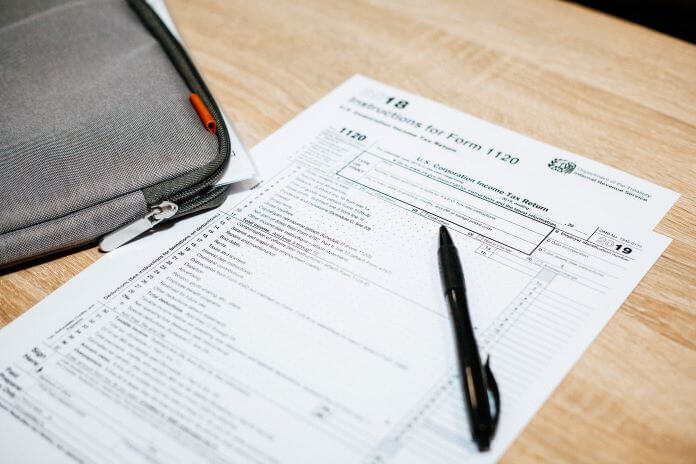Driving your business forward and seeing your dream become a reality is what drives you as an entrepreneur. As your business develops, you thrive on the daily successes and seeing your profits increase as consumers use and love your products.
However, to ensure your continued success there will probably be many obstacles you have to tackle, the tax being one of them. Understanding the tax laws in the countries you operate in is vital to your success.
Failing to adhere to strict tax regulations and pay your taxes properly could cost you thousands of pounds in fines and possibly a prison term. Enlisting the services of a global tax consultancy can help you understand the intricacies of tax law and regulations.
There are some basic UK taxes and regulations you should be aware of before you set up though. It is your duty as an entrepreneur to give your business the start it deserves. Get your head around the following five taxes and you should be well on your way to being compliant with UK tax law.
Income Tax
Income tax works differently depending on how you have set up your company. Sole traders pay income tax on earnings over £12,500 in the UK.
Limited companies pay their directors, usually the person or people who set up the business, a salary or dividends. These are then taxed above £12,500 for full-time staff.
National Insurance
National Insurance is not exactly a tax, but it does need to be paid to the government along with tax, whether you are self-employed or salaried.
Sole traders pay two types of national insurance, Class 2 and 4. While employees or directors of limited companies pay Class 1 contributions through pay as you earn (PAYE) taxes.
Value added tax (VAT)
If your company makes profits of over £85,000 per year, you will have to register your business for Value Added Tax (VAT). This applies to limited companies and sole traders.
VAT is generally set at 20%, some industries have been entitled to reduced rates of VAT recently to help their businesses prosper in a difficult time.
Business rates
For business who operate from an office or retail premises, business rates apply to all trading profits. Business rates work similarly to council tax and there are some exemptions to business rates as standard.
New and small business have been offered relief on their business rates over the last 12 months. It is worth checking if your new business qualifies for such relief.
Corporation tax
All limited companies are liable for a minimum 17% corporation tax on all profits made in a tax year. Sole traders do not have to pay corporation tax.
If your company has previously made losses, you might not be liable to pay corporation tax. A good tax consultant can help you work this out.
Corporation Tax Services
Companies in the UK are currently liable to pay corporation tax at 19%. In the coming years, this rate is going to increase to 25%. This projected increment has become a concerning issue for companies in the UK. However, with the right assistance and professional guidance of expert corporation tax service providers, companies are able to reduce their corporate tax bills significantly.







